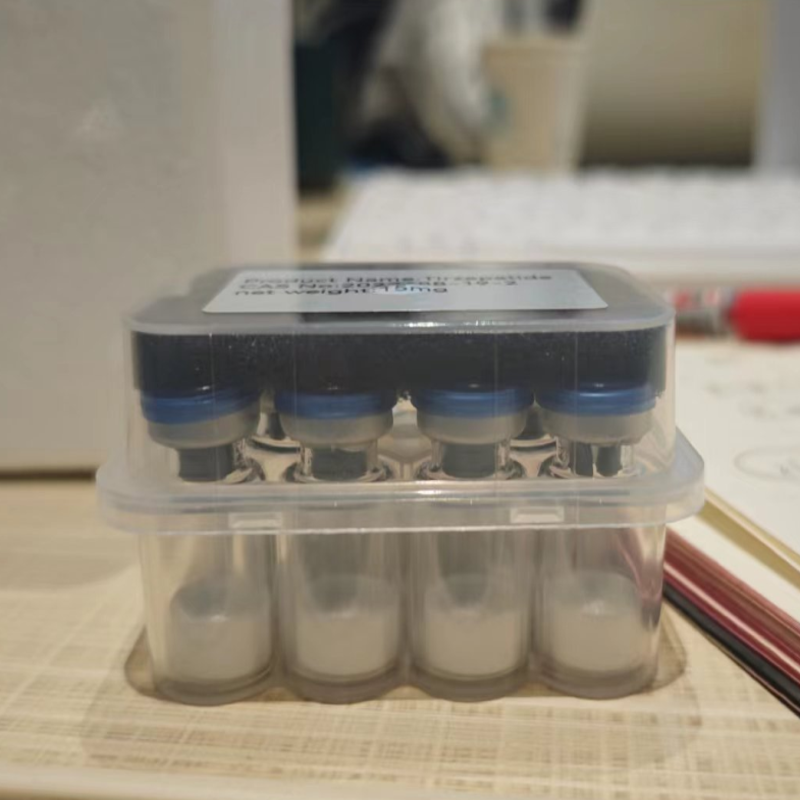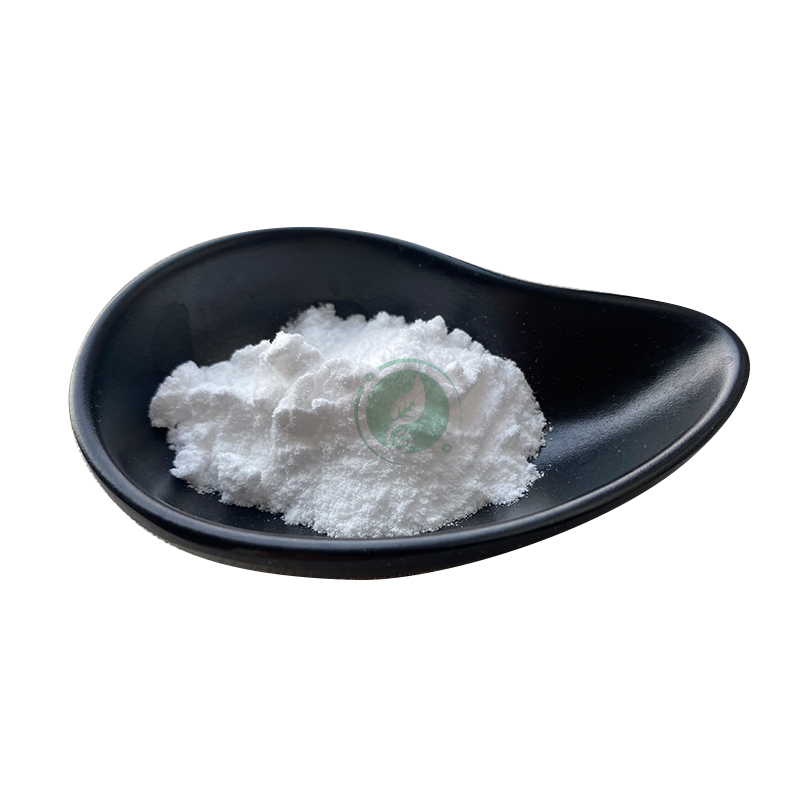-
Categories
-
Pharmaceutical Intermediates
-
Active Pharmaceutical Ingredients
-
Food Additives
- Industrial Coatings
- Agrochemicals
- Dyes and Pigments
- Surfactant
- Flavors and Fragrances
- Chemical Reagents
- Catalyst and Auxiliary
- Natural Products
- Inorganic Chemistry
-
Organic Chemistry
-
Biochemical Engineering
- Analytical Chemistry
-
Cosmetic Ingredient
- Water Treatment Chemical
-
Pharmaceutical Intermediates
Promotion
ECHEMI Mall
Wholesale
Weekly Price
Exhibition
News
-
Trade Service
Recently, due to the adjustment of epidemic prevention policies, the demand for various drugs has increased
significantly.
The National Industry and Information Work Conference emphasized that in 2023, we must grasp thirteen key tasks, including going all out to ensure the production and supply
of key medical materials.
In order to speed up the alleviation of the difficulty of buying drugs, many pharmaceutical companies quickly adjusted to full production status
.
Behind the "full power" of pharmaceutical companies, the increase in pollutant emissions has also caused concern
.
Volatile organic compounds (VOCs) are typical
of these.
In fact, the pharmaceutical industry, which has always been given a "high-precision" aura, has never been absent from environmental protection issues
.
For example, a pharmaceutical company was once complained about VOCs emissions, and received 3 consecutive fines within six months; Another pharmaceutical company was found to have exceeded the standard of VOCs emissions by navigation monitoring, and was fined nearly 700,000 yuan
.
It is reported that a large number of VOCs will be produced in the distillation, centrifugation and drying of drugs, especially APIs, and practitioners also said: "The pain point is that the pharmaceutical industry has many VOCs emission points, complex ingredients, and difficult processing
.
" In terms of emission limits, the 2019 "Pharmaceutical Industry Air Pollutant Emission Standards (GB 37823-2019)" was issued and implemented, effectively reversing the situation
that the industry had no special standards to rely on.
According to the requirements, the pharmaceutical industry needs to control a total of 12 major air pollutants, including TVOC and formaldehyde (see the table below for details).
In addition, the standard specifically puts forward the requirements for fugitive emission of VOCs, pointing out that pharmaceutical companies should adopt a closed operation mode and configure a complete VOCs collection and purification treatment device
.
After being able to mature the problem of wastewater discharge, the VOCs emission problem of pharmaceutical companies has attracted much attention from the competent authorities in recent years, and because of its "fugitive discharge" characteristics, many small and medium-sized pharmaceutical companies have no way to start
.
According to the survey of the China Chemical and Pharmaceutical Industry Association, most enterprises in the pharmaceutical industry are not ideal for the sealing, collection and treatment of fugitive emissions, and some small enterprises have not even carried out equipment sealing and fugitive waste gas collection
.
According to the survey, it is estimated that fugitive emissions from the entire industry account for about
40% of total VOCs emissions.
In addition, various localities have also come up with plans
to strengthen the supervision of VOCs emissions of pharmaceutical companies.
For example, the Zhengzhou Municipal Bureau of Ecology and Environment, in order to facilitate supervision and law enforcement personnel at all levels to grasp the key points of supervision of VOCs industry, issued a manual
on on-site supervision and supervision points of key industries.
For the pharmaceutical industry, the manual specifies a list of 45 items that must be implemented and encouraged to be implemented, including VOCs material ledgers, material storage, liquid storage tanks, production equipment and pipelines, gas collection systems and waste gas treatment facilities, treatment facilities, etc
.
"The treatment of VOCs in pharmaceutical companies involves many emission points and pipelines, and it is difficult to avoid the problem of
running and dripping.
Therefore, to manage VOCs well, we must not only have reliable equipment and pipelines, but also need advanced management level," said frankly
.
On the whole, VOCs certainly have ways to govern, and the key lies in the choice
of enterprises.
It is reported that the above-mentioned enterprises that have received three consecutive fines have invested more than 100 million yuan in optimization and transformation, and after spending great efforts to rectify, they have now been able to achieve all the collection and treatment
of waste gas.







